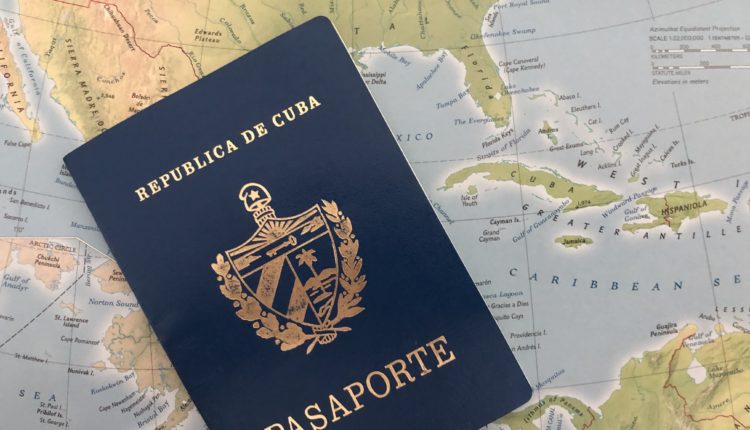
Beating back the American terror offensive against Cuba
Many Cuba watchers, myself included, sighed with relief when we heard that Cuba-hater John Bolton, now the former National Security Advisor of the United States, had been fired. Soon thereafter reality slapped us in the face when we read that the U.S. had expelled two United Nations diplomats from Cuba for what was reported as “influence operations.”
It brought home the fact that with or without the Boltons of this world, little ever changes in the relationship between our two countries.
Cuba and the U.S. will continue to have, at best, a shaky relationship. Some explain this state of affairs, and I believe rightfully, as one where the U.S. cannot accept that Cuba refuses to bow to its giant neighbor, which sees it as the hard to control and petulant child that must be taught a lesson.
Things appeared headed in the right directions after 2014 under President Obama. That was short lived. Under President Trump the relationship made a U-turn, and with Florida members of Congress like Marco Rubio and Mario Diaz-Balart selling their dignity for influence in Cuba, Venezuela and the rest of Latin America, the U.S.-Cuba chess match is again embroiled in what looks like a no win situation for either side. And the group paying the highest price is the millions who live on the Island.
It is why I believe that Cuban émigrés, especially those living in the United States, must make it our task to help our brothers and sisters there.
Help with our feet and our wallets
Travel by Cuban Americans can make up some of the loss caused by the Trump administration when it disallowed cruise ships, for example, from taking visitors to Cuba. With our visits, which are perfectly legal, we can spur a shaky economy in need of our dollars. In 2019, we can be the same type of stimulus provided after 2014.
But the Cuban government must help us achieve this. For starters, the Cuban government can bring down the price of our passports, extend the number of years that they are issued for, and eliminate the need for extensions every two years.
A less expensive and more efficient passport has been discussed in the past. It’s an idea Progreso Weekly has backed since day one. In fact, we may have been one of the first to propose it.
It makes sense
As it stands right now, one purchases a passport that lasts six years. The cost of that passport is approximately $800 — spaced out as follows:
- You first pay $400 for the initial two-year period.
- That is followed by an extension (known as a prorroga), requested from Washington, for another two year period at a cost of an additional $200.
- At the end of the fourth year, you then pay another $200 (after another request of the consular office in Washington) which extends it for the six-year life of the document.
It may be one of the most expensive (and bureaucratic) passports in the world.
The cost keeps thousands of Cubans living in the United States from traveling to Cuba. Now if the Cuban government were to consider this with a long term view… conservatively speaking, imagine between 10,000 and 20,000 new Cuban Americans purchasing passports at a reasonable price in the first year. These are persons who had never purchased passports and many have not traveled to Cuba as a result. Estimate they spend on average $1,000 during their visit (I assure you that figure would be higher), but let’s call it a grand. That represents between a $10 million to $20 million injection to the Cuban economy by new visitors to the Island.
But that also has a multiplying effect; because with more money coming in, businesses would thrive, which represents more jobs. It would also be a much needed public relations boost for the Cuban government, both here in the U.S. and on the Island.
My suggestion? With all due respect, I would set the price at $200 for a 10-year passport, and eliminate the wasteful and costly extensions. The money lost on passports would be recouped exponentially by a whole new group of Cuban Americans traveling to the Island. And others who have stopped visiting because they cannot afford to renew them.
If I am allowed one final idea: Establish a period of time where the Cuban government will not tax Cubans who bring and send food and medicine to help with the current economic situation.
These and other initiatives can be the start of a campaign of Cubans living abroad opposed to the brutal U.S. blockade. If the U.S. Congress won’t help right an injustice, then we must take it upon ourselves to do so. It would show the world that with the love we have for our families, we will peacefully beat back the 60-year American terror offensive against Cuba.


